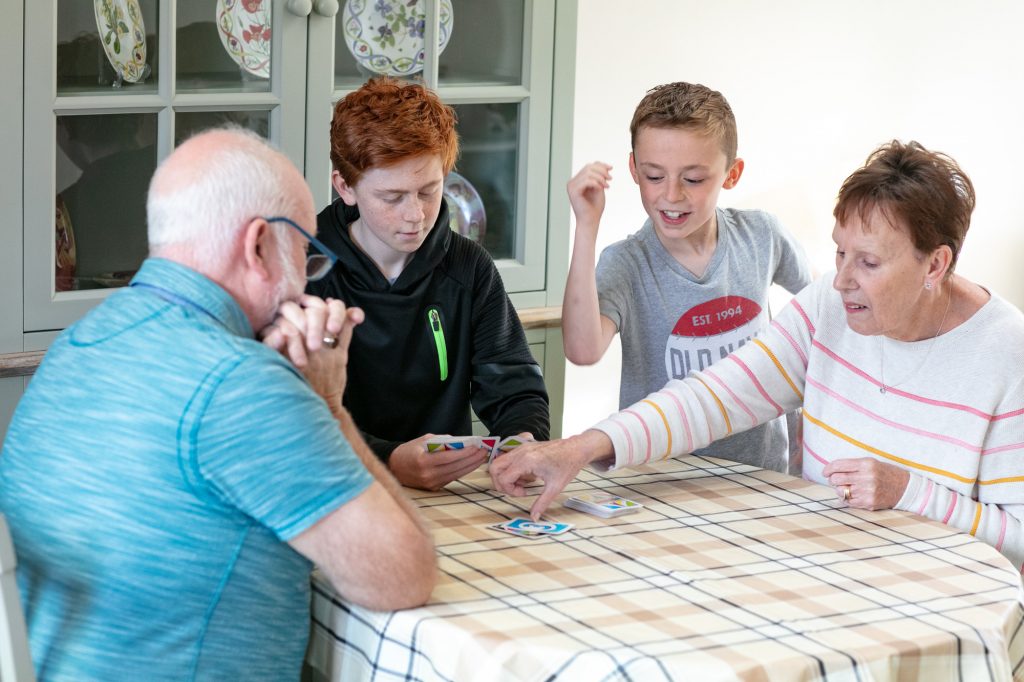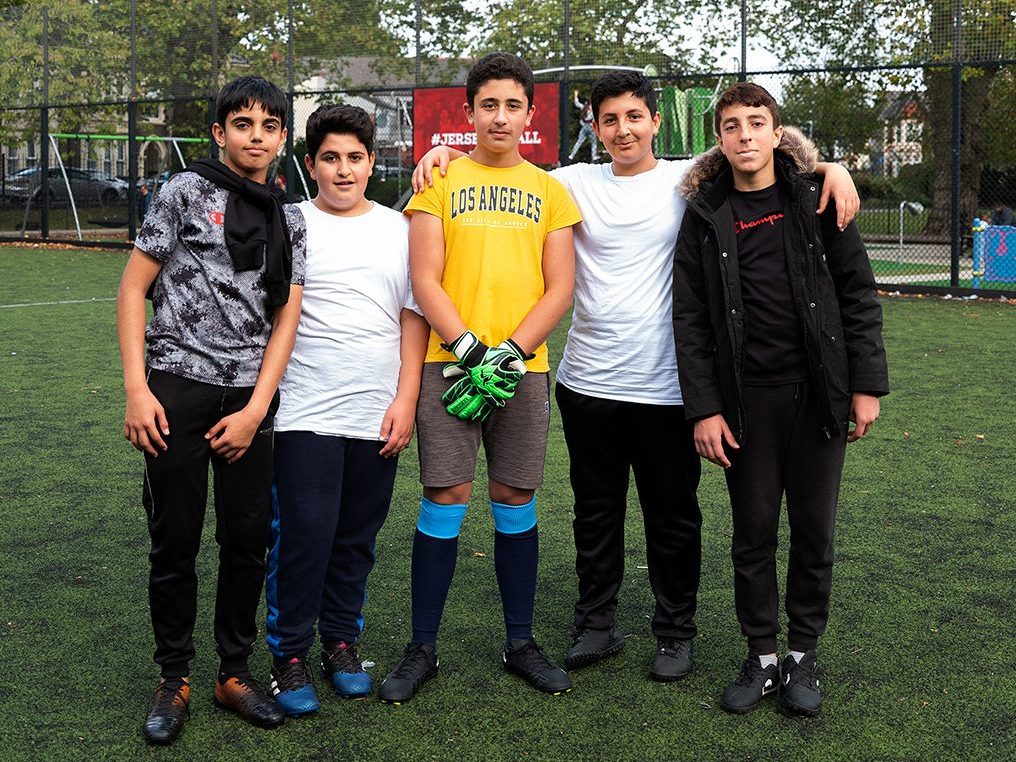
Childhood is the most important chapter in our lives. It shapes us and prepares us for life as adults.
What do you think of when you think about your childhood? You might recall experiences of closeness and nurture. Or maybe, instead, you know what it’s like to feel afraid, lacking support and guidance? Foster carers can set up a new life for young people who experienced trauma or neglect.
The 2019 research shown that around 550 new foster carers are needed in Wales to support the children in local communities. You have the opportunity to give them a second chance at childhood.
Even if you don’t feel ready to take a leap and become a long-term foster carer, there are still plenty of ways for you to help and make a difference.
How can short term fostering help local children? Keep reading to find out about short term fostering and how it helps children in your local community.

What is short term fostering?
Perhaps you’re thinking about fostering but always find yourself tied to other commitments that prevent you from becoming a long-term foster carer. Short term fostering can be your opportunity to get involved and help children who need to be looked after.
A child needs a short term foster carer usually because their families are unable to look after them for a particular time. It may be due to risk from harm at home, or their parents’ health or addiction problems.
Other reasons why a child or young person may need to go into short-term foster care include:
- The child is waiting to be adopted
- Their parents are finding it difficult to cope with caring for a child at that time
- Decisions are being made about who will look after them in the future
- To give parents a short break, for example, if their child is disabled or has complex health needs
Can I foster short-term?
It’s important to mention that short-term fostering is not in any way less challenging or easier than long-term fostering.
During their stay with you – which could be any time between a day to two years – children will probably experience a range of emotions and reactions to their situation. This doesn’t mean you should be discouraged. Our short-term foster carers don’t do this alone. Foster Wales Caerphilly provides excellent support including training from My Support Team (MyST).
So, if you think you can provide a safe and secure environment for these children and have a commitment to making their lives better, you’re set for a good start.
What happens to the child afterwards?
After some time and depending on their circumstances children in your care either return to their families or are placed with long-term foster carers or adopters. It may turn out that after a period of short-term fostering you could become a long-term carer for a child in your care.
When family life becomes disrupted children need safety, understanding and support. Often local foster carers are the only people who can provide that. Most importantly, you make a difference in children’s lives no matter if you foster short or long-term.
Fostering young refugees/asylum seekers
In 2021 all local authorities were asked to provide crucial placements to unaccompanied asylum-seeking children, under the National Transfer Scheme. Working together is crucial to making the scheme a success and Foster Wales actively supports this initiative.
Some unaccompanied asylum-seeking children and young people need short-term emergency placements, whilst others will be looking for longer-term foster care.
If long-term fostering is not something you consider just yet, short-term or temporary foster care can be a small step resulting in a massive impact on those young people’s lives.
A few facts about young asylum seekers:
- They are alone, in an unfamiliar country
- They come from a range of countries across the Middle East and East Africa
- Most speak little or no English
- The majority are male teenagers, aged 14 to 17 years old
- Many will have experienced traumatic events and may have travelled for many months before arriving in the UK
Providing care for young asylum seekers is not a simple task. Those children have often experienced more trauma and distress than we can even imagine, seen brutality, experienced hunger and potentially lost their family members due to conflicts in their home countries. The moment they arrive in our local communities, they are our children. They deserve to be cared for and to be given love and support equal to the local children looked after.

As a short-term carer to those young people, you can make a real difference.
What they really need is someone who can recognise and understand their identity, culture and religion; can help them overcome the language barrier and engage in activities with them to build relationships which is crucial for their sense of belonging. Ultimately they need shelter, protection and love.
An important part of the role is to prepare these young people for independent living and support their emotional, linguistic and cultural needs.
If you are resilient, patient and understanding this may be the perfect opportunity for you to make a difference.
Here at Foster Wales, we support you with training and a complete local support network, so you will never feel alone on this journey.
Is short term fostering right for you?
You need to be over the age of 18, have a spare room in your home and be in a good position to look after a child or a young person. No special training is needed for becoming a foster carer, but you need to be open-minded, committed to working with your local social workers and a team of specialists, and resilient. You will be expected to liaise with professionals, birth parents and adoptive parents to make sure the child can process and adjust to the changes in their lives.
If this sounds like you and you’d like to find out more about short-term or any other type of fostering, please get in touch with our friendly team today.

